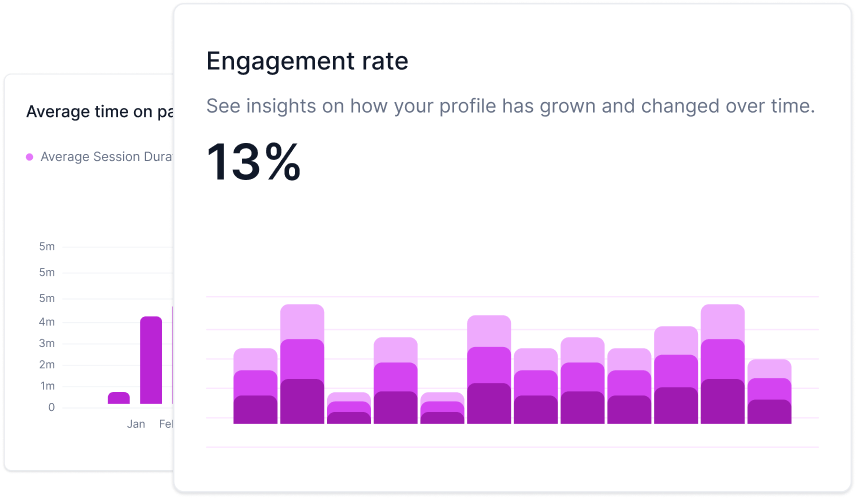What Is PPC Advertising, and How Does It Work?
PPC, or Pay-Per-Click, is a digital advertising model in which advertisers pay a fee each time their ad is clicked. It's an efficient way to drive targeted traffic to websites, as advertisers bid on specific keywords or phrases relevant to their products or services. When a user conducts a search using one of those keywords, the ad may appear at the top or bottom of the search engine results page (SERP).
How Does PPC Advertising Work?
- Keyword Selection: Advertisers begin by selecting relevant keywords that align with their business goals. For example, a shoe retailer might choose keywords like "running shoes" or "athletic footwear."
- Bidding: Advertisers then participate in an auction where they bid on their chosen keywords. The bid amount represents the maximum amount they are willing to pay for a click on their ad.
- Ad Creation: Advertisers craft compelling ad copy that includes the chosen keywords. They create enticing headlines and ad descriptions to attract users and encourage them to click on the ad.
- Ad Placement: Search engines like Google determine the ad's placement based on a combination of factors, including the bid amount, ad quality, and relevance to the user's search query.
- Payment: Advertisers are charged only when a user clicks on their ad. Hence, the term "Pay-Per-Click." The cost of a click can vary depending on the competitiveness of the chosen keywords and the quality of the ad campaign.
What Are the Best Practices for Creating Effective PPC Campaigns?
Creating successful PPC campaigns involves a strategic approach and adherence to best practices:
- Keyword Research: Conduct thorough keyword research to identify the most relevant and high-performing keywords for your business. Tools like Google Keyword Planner can help you discover valuable keywords.
- Compelling Ad Copy: Craft ad copy that is concise, persuasive, and closely aligned with the user's intent. Use the chosen keywords in your ad to increase relevance.
- Landing Page Optimization: Ensure that the landing page users are directed to after clicking on your ad provides a seamless and relevant experience. The content and design should match the ad's message.
- Budget Management: Set a realistic budget and monitor your ad spending closely. Adjust bids and allocate budget based on the performance of individual keywords and ads.
- Ad Extensions: Utilize ad extensions to enhance your ads with additional information, such as site links, callout extensions, and location information, to make your ads more informative and appealing.
How Can I Measure the Success of My PPC Campaigns?
To assess the effectiveness of your PPC campaigns, focus on these key metrics:
- Click-Through Rate (CTR): CTR measures the percentage of users who click on your ad after seeing it. A higher CTR indicates that your ad is compelling and relevant to users.
- Conversion Rate: Conversion rate tracks the percentage of users who complete a desired action after clicking on your ad. This action could be making a purchase, signing up for a newsletter, or filling out a contact form.
- Quality Score: Quality Score is a metric used by search engines to evaluate the quality and relevance of your ads and keywords. A higher Quality Score can lead to better ad placements and lower costs.
- Return on Investment (ROI): ROI measures the profitability of your PPC campaigns by comparing the revenue generated to the amount spent on advertising. A positive ROI indicates that your campaigns are generating more revenue than they cost.

